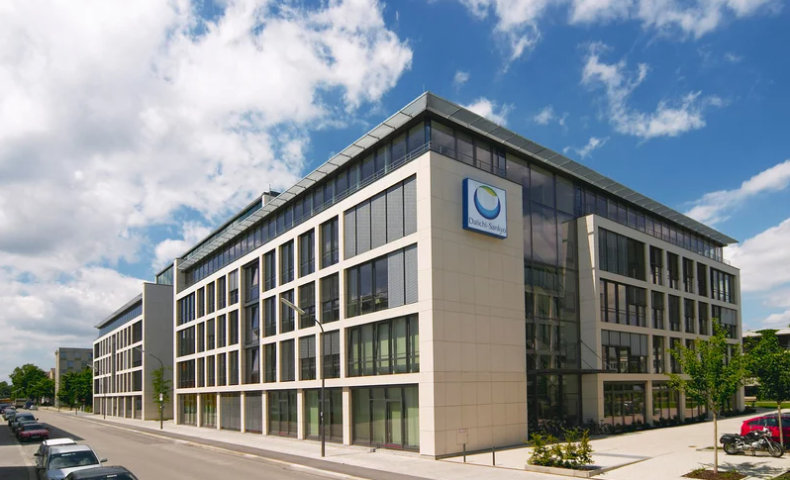As Daiichi Sankyo looks to cement its place as a major cancer R&D player, the Japanese Big Pharma is boosting its C-suite by nabbing a cell therapy veteran as its new global head of research and development.
Ken Takeshita, M.D., will take up that position (PDF) from April 1, coming off a two-year stint at Kite Pharma—the cell therapy biotech now owned by Gilead Sciences—as senior vice president and global head of development as well as its interim head of research.
Daiichi, with its recently approved antibody-drug conjugate cancer drug Enhertu and pact with AstraZeneca, is looking to establish itself as a major oncology player, and Takeshita’s experience will no doubt come into play, given his time at Kite as well as at Sorrento, Celgene and Amgen, where he also held high-level R&D positions.
He takes over from Junichi Koga, Ph.D., who will retire from the company after 12 years. He in fact became the new global head of the R&D unit back in 2019, taking over from Glenn Gormley, M.D., Ph.D., amid a restructuring of its R&D.
At the time, Daiichi’s research unit was being refocused amid a difficult few years, which saw it shutter a 170-person Indian R&D site and, back in 2017, turn the ax on R&D staffers in its native Japan, culling its research subsidiary known as Asubio Pharma.
The unit had around 150 employees that worked on psychiatric and neurological diseases, immune and inflammatory diseases and regenerative medicine, some of which were said to be moved around the company’s other R&D units around the globe.
Japan and India joined R&D units in the U.K. and Germany on the list of those axed by Daiichi over the past few years.
But while sharpening the ax at some of its R&D sites, it has also been sharpening its pencil, signing a string of oncology deals designed to give it a pipeline of candidates that can increase its success rate in the clinic.
One of the more high-profile of these agreements is the deal with Takeshita’s former employer Kite, which gave Daiichi the rights to CAR-T drug Yescarta (KTE-C19) in Japan, as well as its doubling down on immuno-oncology work with Zymeworks.
Daiichi has previously guided that it wants to deliver seven distinct new molecular entities in oncology by 2025. Part of Takeshita’s job will be helping Enhertu gain more indications, including lung cancer, as well as three other experimental ADCs across a broad range of solid and blood cancers. Outside of oncology, the firm is also working on drugs for pain, stroke, certain vaccines and Duchenne muscular dystrophy.

